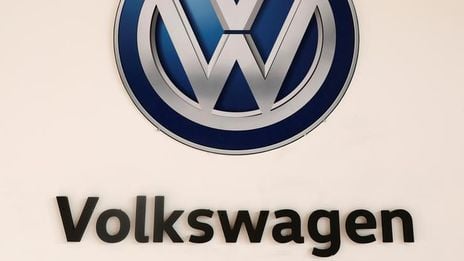The two countries will work together to develop shared standards and rules for how to manage the data generated as companies develop autonomous driving, the statement said.
The statement comes amid growing concern from the EU and U.S. over the possible security risk of Chinese technology entering their markets and collecting data locally, with Washington opening a probe in February on possible national security risks from Chinese vehicle imports.
Yet European business leaders - including Volkswagen's China chief - have expressed frustration over restrictions by China on data transfer back to Europe, which is significantly more limited than what Europe allows companies to transfer to China.
China has strengthened its oversight over data management within the country and most industries must apply for permission before data can be transferred abroad.
Last year, authorities tightened data rules for the auto industry and proposed to ban smart vehicles in China from transferring data directly abroad, pushing them instead to use domestic cloud services.
However, Chinese regulators have since indicated a softening on their stance as firms complained about a lack of clarity and how onerous and disruptive the laws could be to their businesses.
The declaration will provide a space for further discussion on the topic, Germany's statement said, highlighting that there was not yet consensus and advocating for "tangible improvements for German and EU companies in this area".
Self-driving cars collect masses of data both on passenger and driver behaviour, and the car's surroundings via lidars and sensors. Cars are also collecting increasing amounts of data on drivers via links to their phones and other devices.
(Reporting by Victoria Waldersee, Sarah Marsh in Berlin; Brenda Goh in Shanghai; Editing by Rachel More and Chizu Nomiyama)






